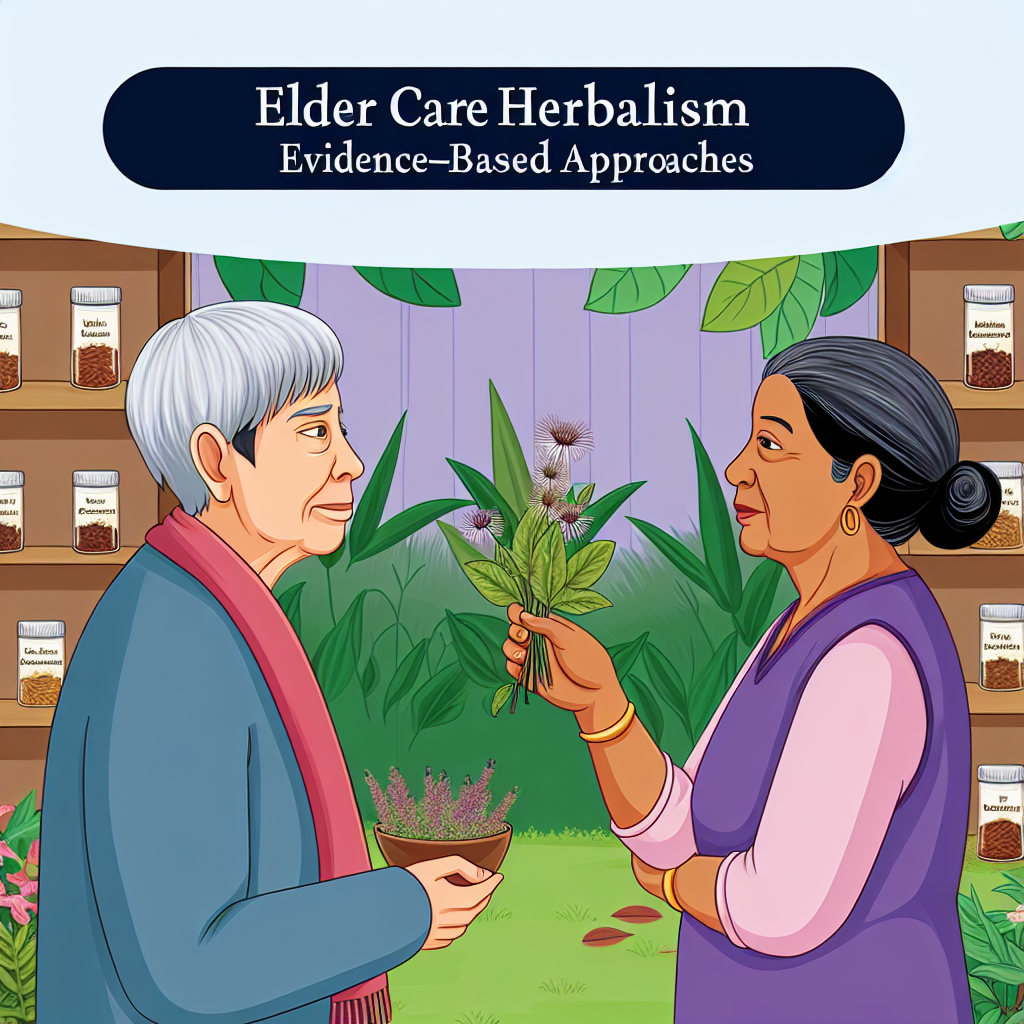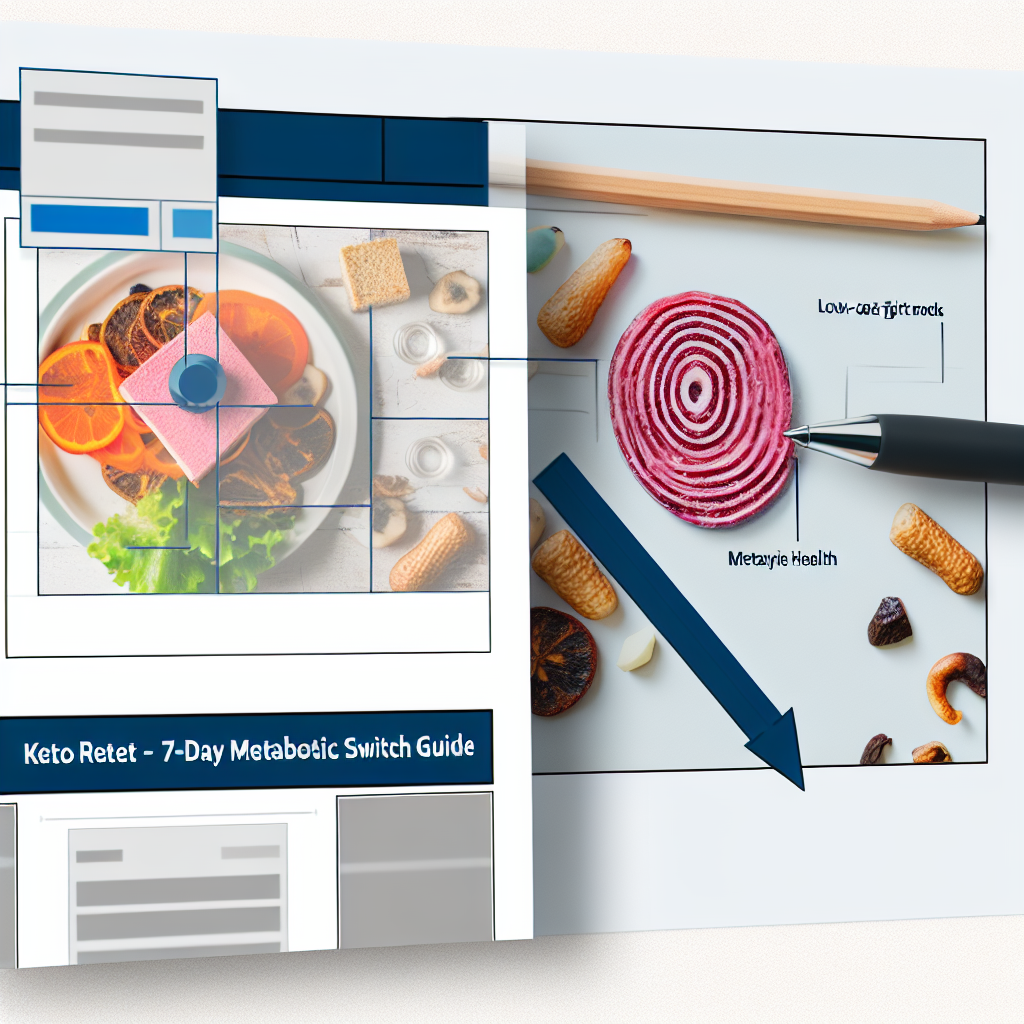Glucose Management Guide – Diabetes Nutrition Rules
Introduction
Diabetes is a **metabolic disorder** that disrupts how the body processes **blood glucose**, commonly known as **blood sugar**. Whether it’s **Type 1 diabetes**, **Type 2 diabetes**, or **prediabetes**, effective **glucose management** is essential to avoid complications like **nerve damage**, **cardiovascular disease**, **kidney issues**, and **vision problems**. With over 37 million Americans affected, according to the CDC, adopting a nutrition-focused lifestyle is a must.
The body relies on **glucose for energy**, but diabetes alters **insulin function**. **Type 1** diabetics produce little to no insulin, while **Type 2 diabetes** is marked by **insulin resistance**, often linked to obesity and lifestyle factors. The central goal of **dietary diabetes management** is to normalize blood sugar, reduce **inflammation**, and support overall **metabolic balance**.
There’s increasing interest in **natural**, **herbal**, and **homeopathic** solutions to diabetes. These include foods and supplements that support **insulin sensitivity**, regulate **carbohydrate intake**, and reduce **oxidative stress**—all key for balanced glucose levels. The aim is not only to treat symptoms but to empower the body to better regulate glucose.
This guide lays out science-backed **nutrition strategies**, along with **naturopathic** principles, to help individuals manage blood sugar levels. From selecting the right **carbohydrates** to using time-tested remedies like **cinnamon** and **fenugreek**, we introduce practical, sustainable habits. We’ll also explore vital vitamins and minerals such as **magnesium** and **chromium**, and effective diets such as the **Mediterranean** and **low-glycemic index (GI)** diets.
When used responsibly, **natural therapies** can complement conventional treatment under professional supervision. By blending **nutrition science** with **holistic health practices**, you can take a **patient-centered** approach to diabetes—improving daily life and long-term health.
Features and Supporting Studies
Extensive research supports the role of **diet** in controlling **blood sugar**. One of the most studied approaches is the **low-glycemic index (GI) diet**. A 2021 meta-analysis published in the BMJ found that low-GI diets significantly improved **glycemic control** and reduced **HbA1c**—the long-term indicator of blood sugar—in diabetes patients. **Low-GI foods** digest more slowly, preventing spikes in glucose.
Another evidence-based nutritional regimen is the **Mediterranean diet**, emphasizing **vegetables, fruits, whole grains, nuts, legumes, fish**, and **olive oil**. According to the PREDIMED study, people who adopted this diet lowered their risk of **Type 2 diabetes** by 52% compared to those following low-fat diets.
On the herbal front, **cinnamon** has attracted attention for its ability to reduce **fasting blood sugar**. A 2006 study in the Journal of the American College of Nutrition (JACN) found cinnamon supplementation led to significant reductions in **blood glucose** in individuals with **Type 2 diabetes**.
**Fenugreek seeds** also show promise. Rich in **soluble fiber**, they slow down **glucose absorption** and show strong **anti-diabetic effects**, as shown in this NIH-supported study.
Essential **micronutrients** also have key roles. For instance, **magnesium** enhances **insulin sensitivity**. A Harvard study found that higher magnesium intake is associated with a lower risk of developing Type 2 diabetes. Likewise, **chromium** supports **insulin signaling**—the NIH reports that it may help decrease blood sugar levels and improve lipid profiles in diabetics.
In the realm of **homeopathy**, remedies like **Syzygium jambolanum** and **Uranium nitricum** are often considered. However, these should be used under the care of a licensed naturopath or physician due to limited clinical data.
Also gaining momentum are **probiotics**—particularly beneficial bacteria from fermented foods like **kefir** and **yogurt**—which may improve **gut health** and enhance **glucose metabolism**.
Essential Diabetes Nutrition Rules
- Focus on Low-GI Foods: Opt for foods like lentils, quinoa, leafy greens, and sweet potatoes that cause slow, steady increases in blood sugar rather than sharp spikes.
- Practice Portion Control: Even nutrient-dense foods can cause blood sugar surges in large amounts. Use smaller plates, eat slowly, and stop when you feel full.
- Increase Fiber Intake: Especially **soluble fiber**, which improves insulin sensitivity and digestion. Top sources include oats, chia seeds, flaxseeds, beans, lentils, and berries.
- Include Healthy Fats: Incorporate **avocados, nuts, seeds**, and **olive oil**. These fats improve insulin response and reduce blood sugar spikes while also promoting heart health.
- Stay Hydrated: Drink enough **water** daily. Hydration helps your kidneys flush **excess glucose** via urine and supports overall metabolic function.
- Use Natural Supplements Wisely: Options like **cinnamon, chromium, magnesium**, and **fenugreek** can support blood sugar balance but should be introduced with medical guidance.
- Avoid Refined Sugars and Carbs: Cut out **white bread, pastries**, and **sugary drinks**, which disrupt insulin function and spike blood sugar levels rapidly.
- Monitor Blood Sugar Regularly: Regular tracking can help identify which foods or routines help or hurt your blood sugar control—empowering smarter decisions.
Conclusion
Managing diabetes doesn’t have to feel overwhelming. With consistent, informed dietary choices and optional **natural remedies**, you can help normalize blood sugar levels and reduce complications. Choosing a diet rich in **low-glycemic**, whole foods and strategically incorporating supplements like **magnesium**, **cinnamon**, and **chromium** may significantly improve your metabolic health.
Though **prescription medications** play a vital role for many, **natural interventions**—when applied correctly—can reduce reliance on drugs and boost overall wellness. Always consult with a healthcare provider before making dietary or supplement changes, especially when dealing with chronic diseases like diabetes.
At foodade.com, we promote the philosophy that **food is medicine**. As scientific evidence linking diet and disease intensifies, making consistent, healthy choices could lead to both immediate and lasting benefits. Lasting improvement begins in the kitchen and is powered by daily intention.
Concise Summary
This guide outlines a comprehensive strategy for managing diabetes through nutrition and holistic methods. Emphasizing low-glycemic foods, fiber intake, and natural supplements like cinnamon and chromium, it draws on research-backed protocols to stabilize blood glucose. Herbal remedies, diets like Mediterranean, and essential micronutrients such as magnesium also offer support. While medications are still critical for many, these natural tools—when used wisely under medical supervision—can enhance metabolic health and reduce long-term complications. The guide encourages consistent, informed eating and lifestyle practices, integrating scientific insights with naturopathic strategies for improved quality of life.
References
1. Low-GI Diet for Diabetes Management – BMJ
2. Mediterranean Diet and Type 2 Diabetes – NEJM
3. Cinnamon and Blood Sugar Control – JACN
4. Fenugreek and Glucose Control – NIH
5. Magnesium and Diabetes Risk – Harvard
6. Chromium and Blood Sugar – NIH Fact Sheet

Dominic E. is a passionate filmmaker navigating the exciting intersection of art and science. By day, he delves into the complexities of the human body as a full-time medical writer, meticulously translating intricate medical concepts into accessible and engaging narratives. By night, he explores the boundless realm of cinematic storytelling, crafting narratives that evoke emotion and challenge perspectives.
Film Student and Full-time Medical Writer for ContentVendor.com




